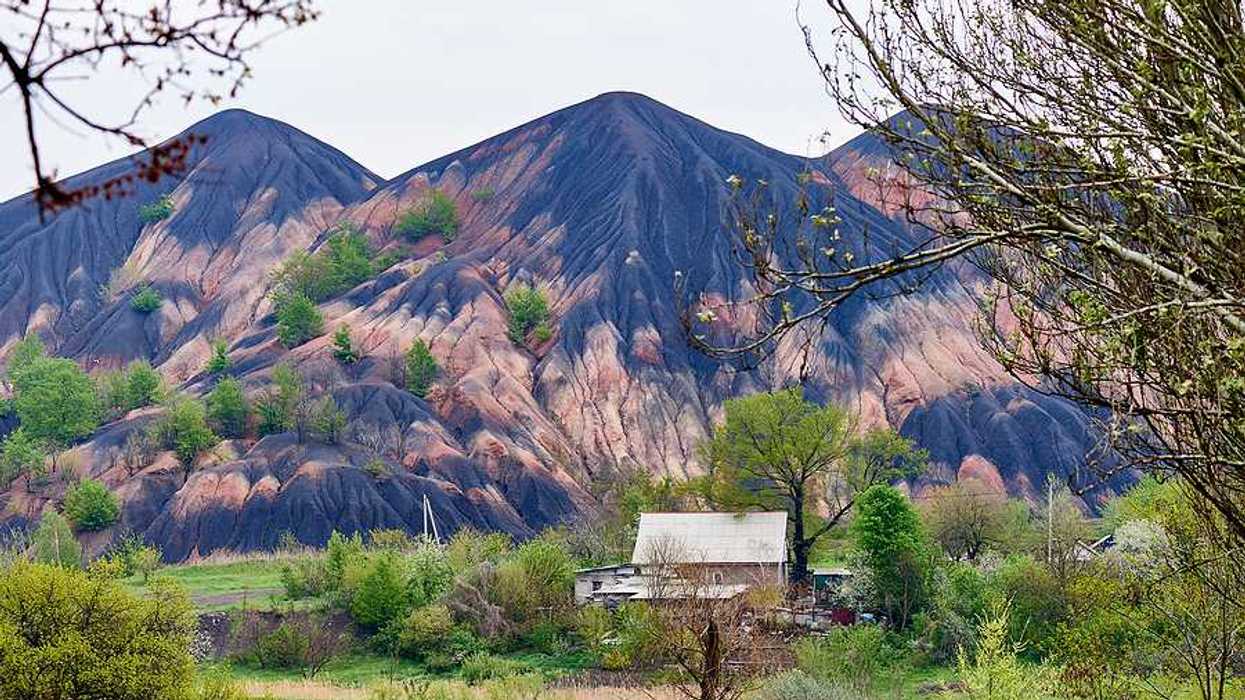A recent study highlights the potential expansion of locust swarms into new regions due to global warming, posing significant threats to agriculture and food security.
Bob Berwyn reports for Inside Climate News.
In short:
- Global warming is likely to increase locust habitats by 5%-25% by 2100, especially in west India and west central Asia.
- Extreme weather conditions, such as droughts and heavy rains, are conducive to locust breeding and swarming.
- The expansion of locust swarms could severely impact food security and livelihoods in vulnerable regions.
Key quote:
If the global temperature keeps rising, it "may create favorable conditions for locust development in previously low-temperature regions."
— Xiaogang He, assistant professor, National University of Singapore
Why this matters:
This research underscores an intersection of climate change and food security. As locust swarms potentially move into new areas, they threaten the livelihoods of millions, highlighting the urgency of addressing global warming and its far-reaching impacts on our ecosystem and health.
Be sure to read: It's not weather – it's climate disruption.














